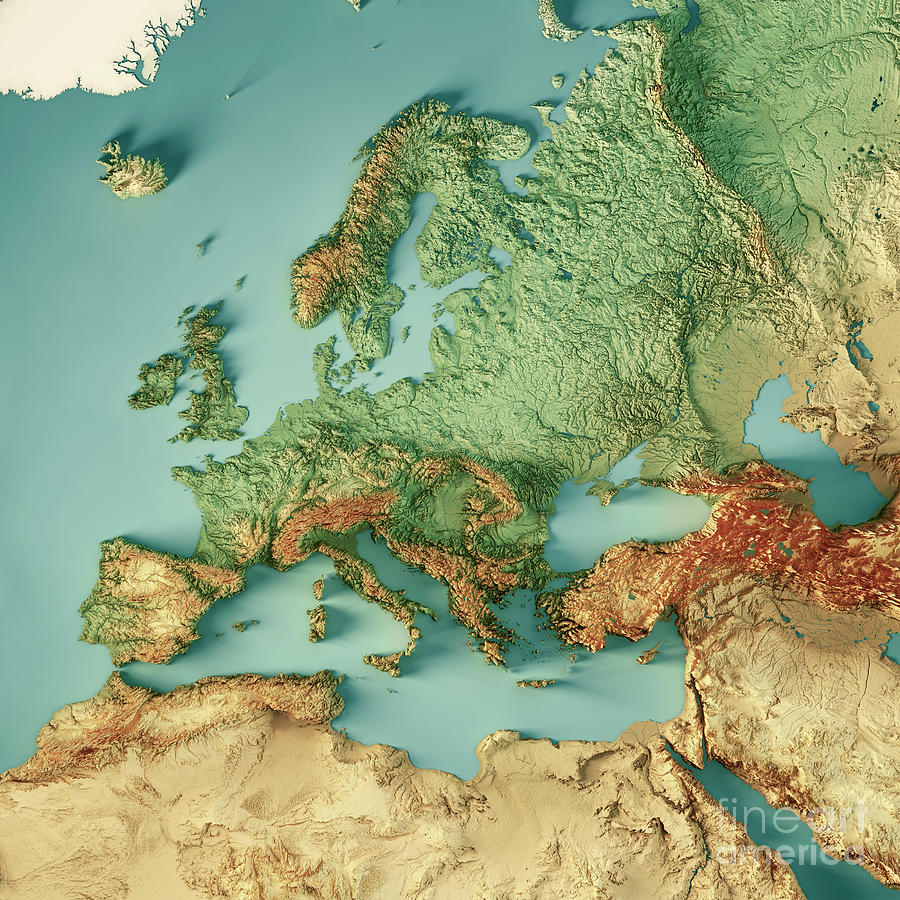Would be just as vulnerable to automated SEO unless there’s a significant barrier to being able to label and vote, such as invitation-only groups.
And don’t we have this already, almost? Filter Mastodon hashtags for links or add UI for hashtags to Lemmy. Or use full text search.

















You greatly overestimate the capabilities of Firefox’s average user.